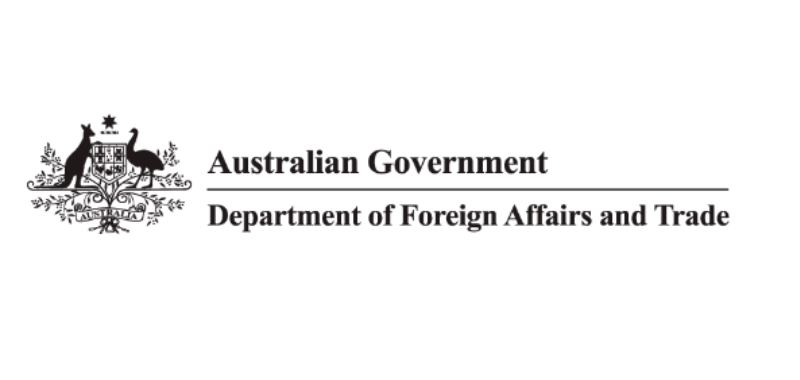Meaning of Foreign Direct Investment (FDI):
Foreign investment takes place when an individual, business or an investment vehicle (such as a superannuation or pension fund) external to Australian economy decide to establish a new venture in Australia or purchase property or shares in an Australian-owned business.

Functioning of FDI in Australia:

FDI is seen as critical to the enhancement of the Australian economy to ensure its prosperity and continued development. Successive governments have realized the relevance of FDI in raising Australia’s production, employment, and income.
Meanwhile, regulatory jurisdictions such as the Australian Treasury department have recognized that some proposed foreign investments may not be in consensus with Australia’s economic interest. If the Government fails to protect the national interest, it risks losing public support for foreign investment, and with it, the many benefits that foreign investment provides.
Australia operates a foreign investment regime that is welcoming and transparent. Foreign investment proposals are reviewed against the national interest on a case‑by‑case basis – an approach that maximizes investment flows while protecting Australia’s interests. If it is determined that a proposal does not stand the test of safety in national interests, it will not be approved, or conditions will be applied to safeguard the same.
Stakeholders in Australia’s FDI:

As of today, Australia has signed 16 free trade agreements (FTAs) and have led the formation of multiple, regional trade agreements in the Asia-Pacific region. helps power our major industries, especially in resources and energy. Foreign direct investment (FDI) has grown by approximately 7% per year for the last decade and has now reached A$1 trillion. Australia’s top national investors are from the US (18%), Japan (13%) and the UK (12%). But investment from other parts of Asia is rising quickly – especially from Southeast Asia.

Latest Developments:
Australia’s Parliament passed bilateral free trade agreements with India and Britain on Tuesday, November 22, 2022, leaving those partner nations to bring the deals into force.
The deals are crucial for Australia to diversify its exports from the troubled Chinese market to India and to Britain’s need to forge new bilateral trade relations since it left the European Union.
The deals need to be ratified by the respective British and Indian Parliaments before they take effect. Neither nation has yet done that.

Source: https://www.dfat.gov.au/




